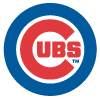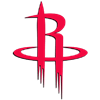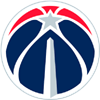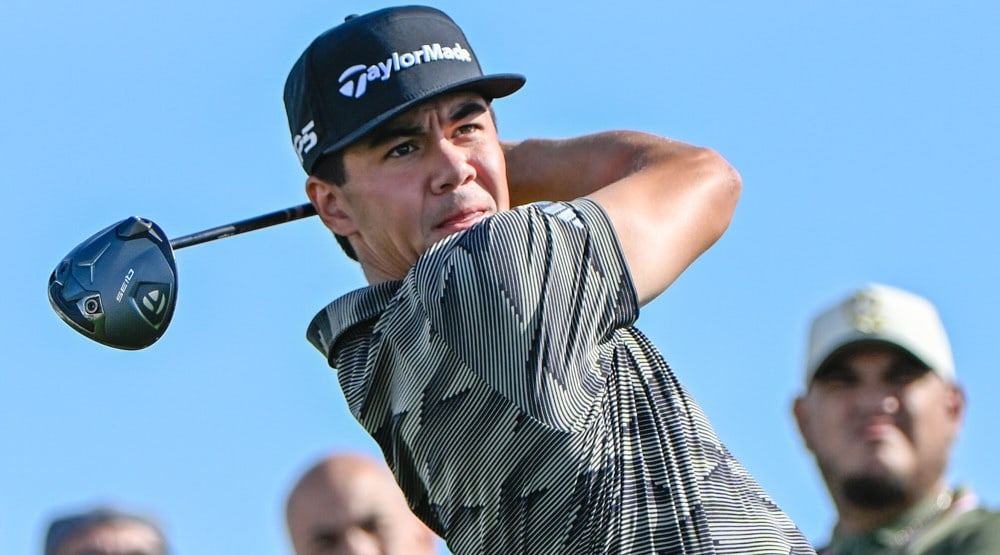Of all the ways to play fantasy sports, is there anything more basic and therefore more open to the masses than one-and-done pools? (That's a rhetorical question.)
Most of us have participated in NFL one-and-done pools, also known as survivor for knockout pools. Well, in golf there is no knockout because, quite frankly, there's a good chance everyone would be knocked out the first week. Whereas with the NFL, you are picking one of only two teams — if you pick a team, it has only one opponent that week — in golf you are picking one out of maybe 156 golfers in the field. That is super hard.
So in golf it's done a little differently, and the beauty of it is, everyone sticks around for the entire season.
With the RotoWire pool, we go across 32 tournaments, and you can only use a golfer once all season. There are season-long winners in the pool, but we also have quarterly winners and winners for the four majors. The quarterly component is an especially good feature to keep those who have fallen far behind interested until the very end. This is an important point early in the story: It's imperative that everyone keeps trying, even if far behind, to maintain the integrity of the pool. You'd hope people would do that anyway, but the quarterly prizes give them a little impetus.
All you do is add up the money earned by each of your golfers over the 32 tournaments and
Of all the ways to play fantasy sports, is there anything more basic and therefore more open to the masses than one-and-done pools? (That's a rhetorical question.)
Most of us have participated in NFL one-and-done pools, also known as survivor for knockout pools. Well, in golf there is no knockout because, quite frankly, there's a good chance everyone would be knocked out the first week. Whereas with the NFL, you are picking one of only two teams — if you pick a team, it has only one opponent that week — in golf you are picking one out of maybe 156 golfers in the field. That is super hard.
So in golf it's done a little differently, and the beauty of it is, everyone sticks around for the entire season.
With the RotoWire pool, we go across 32 tournaments, and you can only use a golfer once all season. There are season-long winners in the pool, but we also have quarterly winners and winners for the four majors. The quarterly component is an especially good feature to keep those who have fallen far behind interested until the very end. This is an important point early in the story: It's imperative that everyone keeps trying, even if far behind, to maintain the integrity of the pool. You'd hope people would do that anyway, but the quarterly prizes give them a little impetus.
All you do is add up the money earned by each of your golfers over the 32 tournaments and the player with the most wins. If your guy misses a cut that week, you get what he gets: ZIPPO.
That's about it. There are not a lot of moving parts to one-and-done pools. So we have just a few tips.
First off, think about how many tournaments are in your pool. With RotoWire, there are only 32 – you won't necessarily pick the top-32 golfers in the world, but you also won't have to go overly deep either. In other words, don't pick Rory Sabbatini.
Second, certain guys do well at certain events. The "horses for courses." Sure, the top golfers play well on most courses, but we're talking about, say, Si Woo Kim at the Wyndham, Bubba Watson at the Travelers, Brandt Snedeker at Torrey Pines, Phil Mickelson at Pebble Beach. Even among the top guys, they have their favorites, such as Brooks Koepka at the WGC-FedEx, Webb Simpson at the Wyndham, Rory McIlroy at the Tour Championship and, dare we say, Tiger Woods at the Masters.
So, do you look ahead to the whole season and stash certain guys for certain weeks, even months down the road? In other words, try to map out your whole season in advance. Sure, you could do that. But the golf season is organic — guys start to play better, to play worse, get hurt, etc. That doesn't mean you shouldn't take the horse-for-course approach, just be mindful that there are potential pitfalls.
Here are some other scenarios to consider: If you see a top golfer is in a weak field, do you pick him? Or save him for a major, where you know the winner will probably come from a smaller pool of golfers? Here's my thinking: If you can get a top golfer in a weak field in which he is a clear-cut favorite, grab it. One that comes to mind is Jon Rahm playing the American Express a few years ago. He stood out. Not sure of what his odds were, but in such a scenario today he could go off at maybe as little as 6-1 or 7-1. You will never have a better chance to get a winner. Picking the flat-out winner of a golf tournament is remarkably hard. Even if the field is 30 or 70, much less 144 or 156. Often the favorite is about 12-1. If you can get two or perhaps three outright winners out of 32 tournaments all season, you'll be way ahead of everyone else.
Of course, if your guy finishes second or third in a given week, that's still pretty dang good. What you really want to avoid are missed cuts. There is nothing worse in one-and-done golf than burning a top guy on one of his three or four missed cuts all season. I know. I got pretty good at that last season. Sigh.
Moving on …
We use a site to run our pool. There are big advantages at a small cost ($3 per entrant for us in officefootballpools.com). The site does all the math, it keeps track of everything. It tells you who you've taken and who you haven't, and it blocks you from taking a second guys twice. One other thing I like about our site is it also keeps track of who has been highly owned. For instance, if you want to play Dustin Johnson, you can see how many of the other people in your pool have picked him. If it's a lot, that could be a good time to jump on DJ. Of course, this works much better in the second half of the season that the first. You can also send emails and league-wide messages and even trash talk.
And if you are trying to rally toward the end of the season, you definitely could jump on a guy you don't like as much just in hopes of being the only one, or one of the few, to pick him. See, even though there aren't a lot of moving parts to OAD pools, that doesn't mean there's not a lot of strategy.
One snafu arose when the PGA Tour changed its playoff system, and the payout for the Tour Championship not only included the tournament purse but all the bonuses. The winner gets $15 million. Well, that would throw the entire season out of whack. In the RotoWire pool, we tabulate 10 percent of those earnings/bonuses for the Tour Championship. And the beauty of it is, again, our host site does the work.
Winding down … It's very interesting to see how things play out from week to week in the RotoWire pool, which this year has 39 entrants. Sometimes there are maybe a bunch of us taking one guy, but then there are still 15 or 20 golfers taken in a given week. For instance, at the BMW Championship, 12 guys were on Daniel Berger, but there were 21 guys chosen overall (out of only 69 in the field). There were a lot of "single" plays, and if one of them came in, you'd make a big gain in the pool. That is an aberration but it's good to know about those possibilities. If you picked Berger, you probably wouldn't be happy that so many other players were on your guy the same week as you were. Unless Berger had won and then being part of a 12-pack doesn't look so bad (Berger didn't win, the three guys who had Rahm did).
That's it. Like a golf season or even a golf tournament, your strategy will change at different parts of the OAD season. We've been doing the RotoWire OAD pol for four years now, and I'm still learning the nuances, figuring out new things every year.
You won't master it all at once. Being right more than wrong is something good to shoot for.































